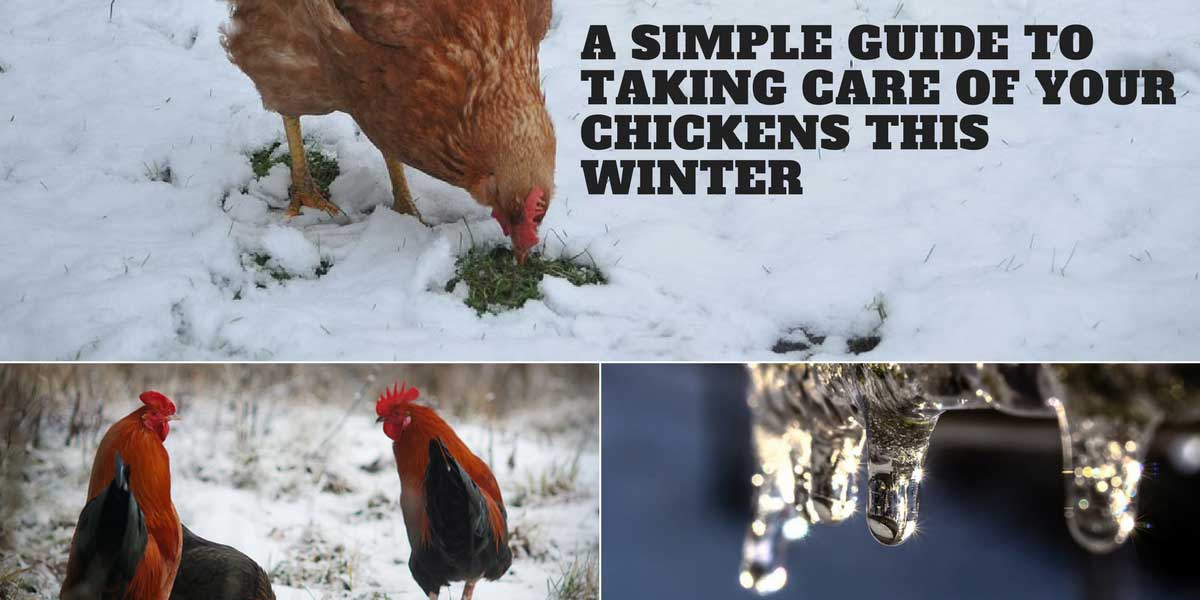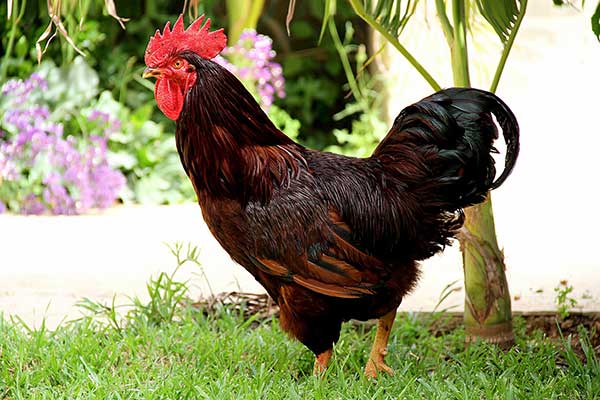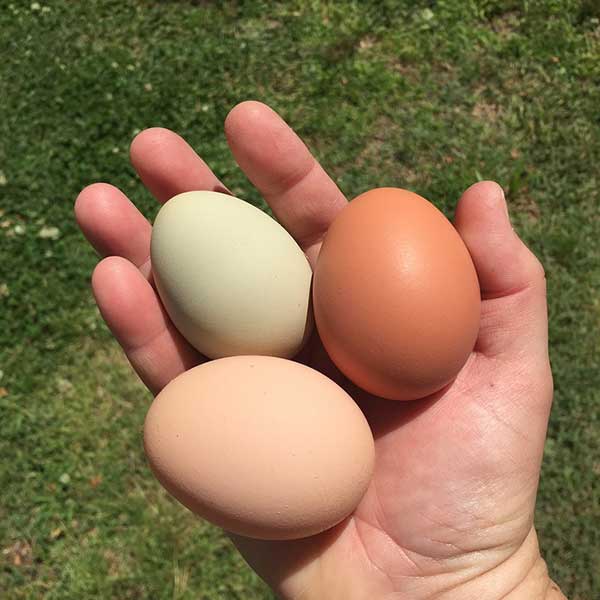A Simple Guide to Taking Care of Your Chickens This Winter
Winter is upon us. Most of the United States is deep into winter, struggling with freezing temperatures and snow. Winter makes taking care of chickens a bit trickier. If this is your first winter with chickens, you might feel intimidated by the care. Don’t fret! Taking care of your chickens this winter is going to be a breeze.
9 Tips for Taking Care of Your Chickens This Winter
Opt Out of Heat Lights
Many people consider putting heat lights in your chicken coop. Some people prefer to add heat lamps. Unfortunately, there are many reasons you shouldn’t. The main reason to steer clear of heat lamps is that your chicken coop is at risk for a fire. The bedding is all prone to fire.
Chickens huddle together for warmth. You want to make sure that your coop has plenty of ventilation to reduce moisture buildup. Also, you want to make sure there is air circulation, but not drafty.
Pick Winter Breeds
Most chickens can handle winter temperatures, but some breeds handle colder temperatures much better. Some breeds of chickens are hardier than others, meaning that they adapt to the cold temperatures faster. If you live in an area that receives low temperatures every winter, it is wise to pick some cold-hardy chickens. Popular breeds include Barred Rocks, Australorps, Buff Orpingtons, and Rhode Island Reds. read this article if you are thinking about Which Chicken Breed is Right for Your Homestead?
Learn and Implement the Deep Litter Method
The deep litter method is one of the best ways to keep heat in your coop without a lamp, while not having to clean out the coop through the cold winter. The deep litter method allows all of the bedding material and chicken poop to build up over the year. You will have about a foot of composting materials. Composting generates heat, naturally warming your chicken coop this winter. Chicken owners note that the difference can be huge!
Don’t Expect As Many Eggs
One reason that people do add supplemental light to chicken coops is that chickens tend to lay fewer eggs during the winter. Some chicken owners, such as myself, believe that chickens need this natural cycle of laying fewer eggs to stay healthy for longer. However, many farmers depend on a consistent number of eggs for their income.
Chickens need, in general, 13 to 14 hours of daylight to lay an egg. That means if there are only 10 hours of daylight that day, it might take two days to produce an egg. Some breeds, specifically cold-hardy breeds, may continue to lay as normal throughout the winter. Others will lay slower.
Add Entertainment
Winter can be boring at times for chickens. Some hate the snow and prefer to stay in the coop at all times. Because of that, we try to keep an area of the chicken run snow free with a little roof. Another idea is to scatter hay and straw on the ground, giving them a better area to walk around outside. Chickens especially dislike snow when the temperatures are below freezing.
You will want to consider entertainment for your chickens. Hanging a cabbage inside and outside is a fun game for chickens. You can even find chicken swings! Cracked corn tossed in the coop and run will encourage your chickens to scratch around and dig, which is good for the deep litter method!
Use Petroleum Jelly
Some breeds have larger combs and wattles than others. Breeds with the larger combs and wattles are more prone to frostbite. Unfortunately, I learned this the hard way when my poor rooster, Sven (named by my children), had black spots on his comb. The tips of his comb even fell off later that winter. I felt horrible!
Then, I learned that petroleum jelly is the perfect preventative. All you need to do is cover their combs and wattles before extra cold days. The days you want to worry about is when the wind chill temperatures reach the negatives. You’ll notice some chickens tend to stand outside more than others, and those are the ones you want to slather first.
Give Different Food
In the winter, your chickens will appreciate different foods. My flock loves to eat warm oatmeal in the morning with berries. There always seems to be some produce close to going back in my kitchen, so I heat up some plain oatmeal with fruit. The warmth feels good, and they enjoy the treats.
Summer tends to bring a surplus of goodies their way like insects and weeds. Winter is limited. You can try treats like cracked corn and kitchen scraps (fruits and veggies). Freeze-dried mealworms are a pricey but appreciated snack. Some love sunflower seeds. Make sure to let them forage as much as possible to dig up insects. Better food choices in the winter also ensure better quality eggs for you and your family.
Large Roosting Areas
Chickens stay together at night and fluff out. It might look and seem strange, especially if you take a peek at night, but it is their best method for staying warm. It works! Warm air rises, so they need to stay off of the cold ground at night.
A responsible chicken owner has to make sure there is plenty of space for the all of the chickens to roost. Check on them at night. If any of them is on the ground, you have to create more space. Also, the roosts should be at least two feet off the ground, for heat and predator purposes!
Fresh Water is Critical
The hardest issue that chicken owners face each winter is how to stop the fresh water from freezing. Dehydration will kill an entire flock. Unless you want to haul fresh water to the coop several times a day, you have to find a method to keep the water unfrozen.
There are several options, such as using black rubber tubs and ping pong balls. You can try keeping the water trough in the sun. Stores sell heated water dishes, but you will pay a hefty price.
 Home and Gardening Ideas At home and Gardening ideas we believe inspiring readers about homesteading, self sufficiency
Home and Gardening Ideas At home and Gardening ideas we believe inspiring readers about homesteading, self sufficiency









